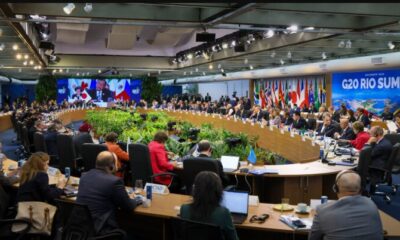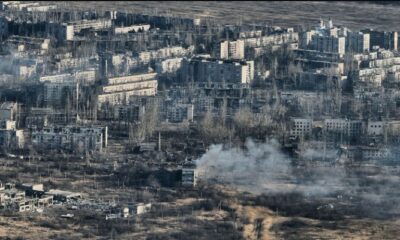What we saw on a debate team in a high-poverty urban public school was similar. Monthly debate competitions gave the work a clear sense of purpose and urgency. Faculty members and older students mentored the novices. Students told us that “debate is like a family.” Perhaps most important, debate gave students a chance to speak in their own voices on issues that mattered to them. Inducted into an ancient form of verbal and mental discipline, they discovered a source of personal power.
In essence, two different logics reign in the same buildings. Before the final bell, we treat students as passive recipients of knowledge whose interests and identities matter little. After the final bell — in newspaper, debate, theater, athletics and more — we treat students as people who learn by doing, people who can teach as well as learn, and people whose passions and ideas are worth cultivating. It should come as no surprise that when we asked students to reflect on their high school experiences, it was most often experiences like theater and debate that they cited as having influenced them in profound ways.
The truly powerful core classes that we found — and at every school there were some — echoed what we saw in extracurriculars. Rather than touring students through the textbook, teachers invited students to participate in the authentic work of the field. For example, a skillful science teacher in a high-poverty-district high school offered a course in which her students designed, researched, carried out and wrote up original experiments. While the experiments varied in their sophistication, all students were initiated into what it meant to do science. In turn, this allowed them to understand that science is a messy and uncertain business — much less knowable than it seems when reciting Newton’s laws.
Why are classrooms like that one so rare? It’s not the teachers’ fault. The default mode of the classrooms we observed reflects the mold in which public high schools were cast a century ago. Students are batch-processed, sorted into tracks based on perceived ability and awarded credits based on seat time rather than actual learning. Making matters worse are college admissions pressures, state testing, curriculum frameworks that emphasize breadth over depth, simplistic systems of teacher evaluation, large classes, large teacher loads and short class periods. The result is that it often feels as though teachers and students have been conscripted into a game that nobody wants to be playing.
How can we make what happens before the bell more like what happens after it?
Schools need to become much more deeply attached to the world beyond their walls. Extracurriculars gain much of their power from their connections to their associated professional domains. School subjects, in comparison, feel devoid of context. Promising schools tackle this dilemma in different ways: Some use project-based learning to engage students in their local communities; some collaborate with museums, employers and others who can give students experiences in professional domains; still others prioritize hiring teachers who have had experience working in (and not just teaching about) their fields. All of these choices bring meaning to work that is too often taught in a vacuum.
Teachers need both more freedom and more support. They need longer class periods, opportunities for collaboration and teaching loads small enough to allow them to form real relationships with students. They need expectations for topic coverage that permit more opportunities for depth. They need districts that focus less on compliance and more on helping teachers learn in rich ways that parallel how those teachers might teach their students. Finally, teachers need parents who ask, “What is my child curious about?” rather than “How did she do on the test?”
Most important of all, high school students need to be granted much more agency, responsibility and choice. While there are some things that everyone should know, much of what will help students in college and beyond are skills: the ability to speak and write persuasively, to reason and engage with one another’s reasoning and to think about core content in complicated ways. Happily, there are multiple paths to achieving these ends. Students can choose what scientific puzzles to explore and what English or history electives to take while still developing a shared foundation of skills.

 General News1 week ago
General News1 week ago
 Business News1 week ago
Business News1 week ago
 Jobs1 week ago
Jobs1 week ago
 General News1 week ago
General News1 week ago
 Business News1 week ago
Business News1 week ago
 Politics1 week ago
Politics1 week ago



